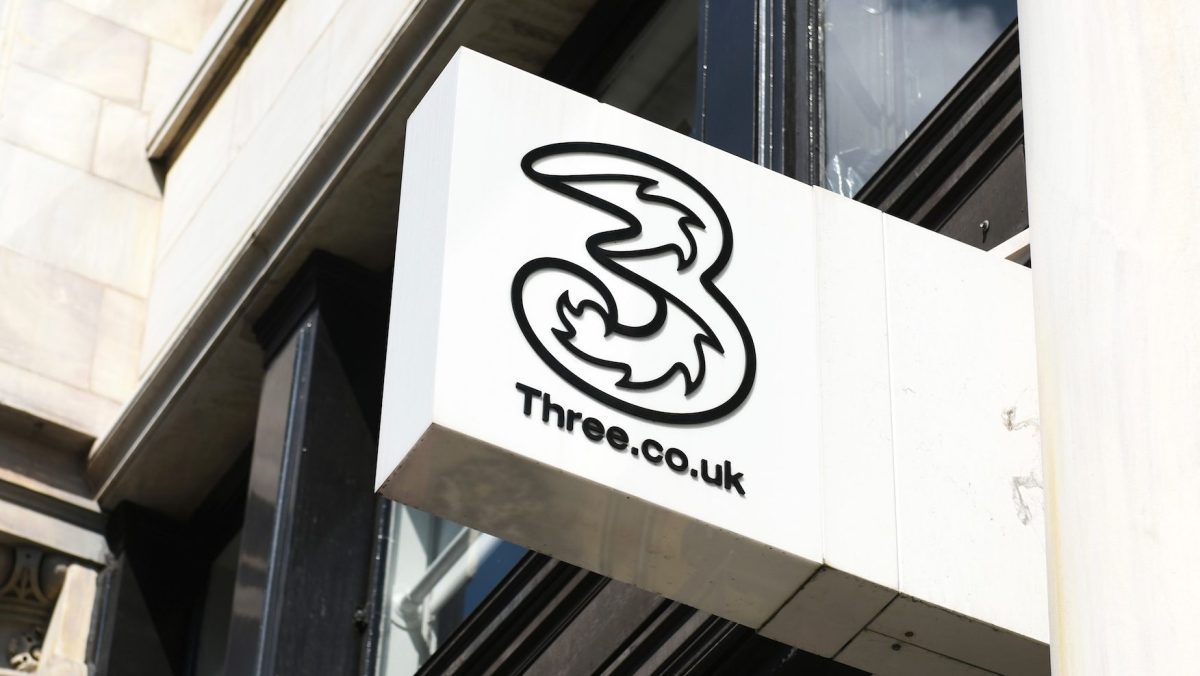The U.K.’s Competition and Markets Authority (CMA) has officially announced the commencement of a formal “phase 2” investigation into the proposed merger between Vodafone and Three UK.
The CMA has expressed concerns that the merger could result in increased prices for consumers and potentially impact future investments in infrastructure. However, the CMA has allowed both companies a brief five working days to address these concerns with meaningful solutions before proceeding with the investigation.
Julie Bon, the CMA’s deputy chief economic adviser, stated, “Our initial evaluation of this merger has raised issues that may lead to higher prices for consumers and reduced investments in U.K. mobile networks. Unless Vodafone and Three present appropriate solutions, an in-depth investigation will be necessary.”
Following the emergence of the $19 billion merger plans nine months ago, which would reduce the U.K.’s major mobile network operators from four to three, the CMA initiated a market analysis in late January to gather feedback from various stakeholders before deciding on the need for a formal investigation.
The CMA now has a six-month period to conduct the investigation before arriving at a final decision. Tom Smith, a partner at Geradin Partners and former legal director at the CMA, emphasized the significant regulatory scrutiny this merger is expected to undergo.
Competition vs. Consolidation
One main concern surrounding this merger is the potential impact of reducing the number of competitors from four to three on consumer prices. The CMA’s market study indicated that the combined Vodafone and Three entity would become the largest carrier by revenue, with nearly a third of the market share.
The CMA believes that a merged company might have less motivation to compete aggressively compared to individual entities. This lack of competition could deter further investments in network coverage and quality.
Bon highlighted the importance of competition in driving better deals for consumers, emphasizing the need for substantial evidence to support claims of improved competition and investments resulting from the merger.
While Vodafone and Three have cited previous merger studies to downplay potential price impacts, reports from past mergers in other countries have shown price increases and decreased investments in the aftermath.
The impact on Mobile Virtual Network Operators (MVNOs), which rely on infrastructure from major carriers like Three and Vodafone, is also a key concern for the CMA.
Legal Considerations
Three’s parent company Hutchison was previously involved in a failed acquisition of O2, indicating potential complexities in gaining regulatory approval for the Vodafone and Three merger.
Historically, the U.K. has imposed regulatory barriers on large acquisitions, with recent instances of deals being blocked or requiring significant concessions to proceed. The Vodafone and Three merger, however, presents unique challenges due to its impact on essential infrastructure and control over radio spectrum.
Smith emphasized the complexity of this case and its importance to the U.K. economy, foreseeing challenges for the companies involved in overcoming regulatory hurdles.


